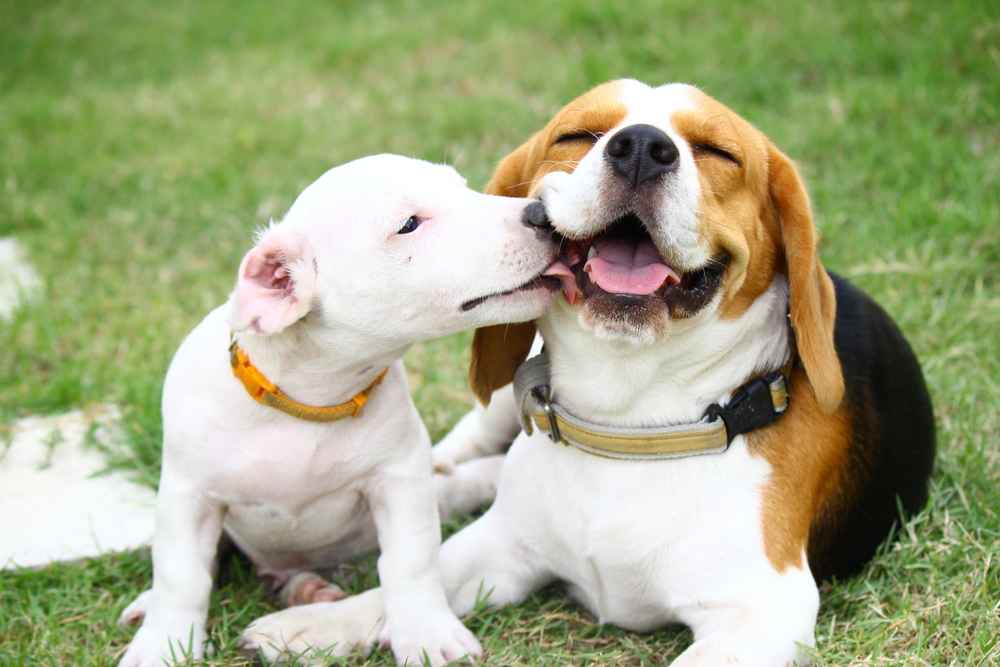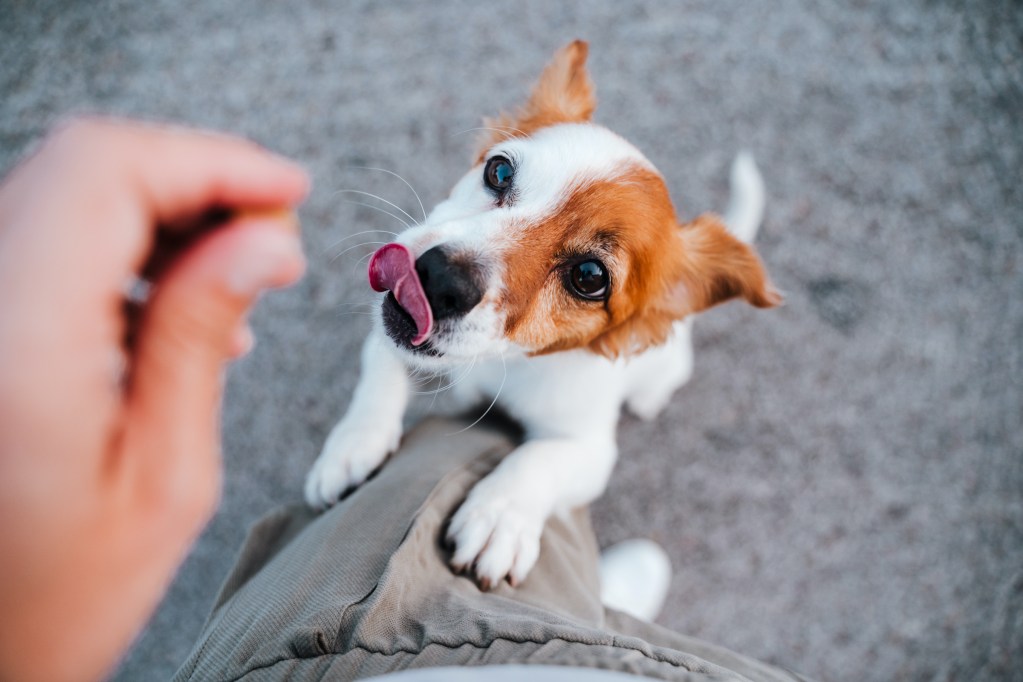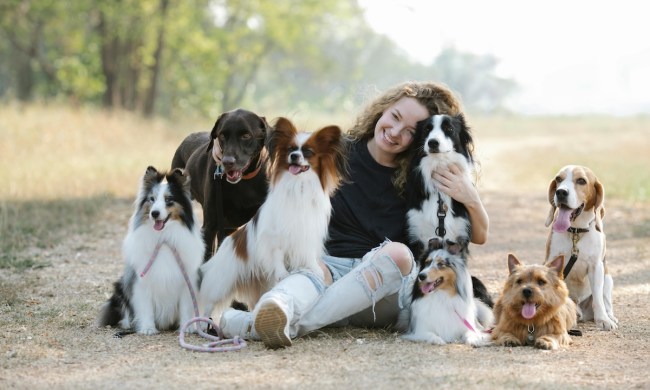The Jack Russell terrier is a small dog that packs a ton of personality per pound. An adult Jack Russell dog grows to be 10 to 12 inches tall and 9 to 15 pounds in weight.
These lively, loving, and curious pups are typically true extroverts. Jack Russell pups are the life of the party. They’re also known for being very affectionate. Don’t be surprised if your JRT or Jack Russell terrier mix crawls into your lap for snuggles after a day of adventures.
Though JRTs have been around since the 1800s, they can be misunderstood. It’s important to have the right information before selecting a pet so your home can become the animal’s forever home. We will correct common Jack Russell Terrier myths.

Jack Russell terriers are perfect apartment dogs
Jack Russell terriers are small, so people may automatically assume they don’t need a ton of space. However, the JRT is an energetic dog originally bred for fox hunting. These pups need plenty of opportunities to play, and houses and backyards can create that. Though friendly, the JRT also barks, which can annoy neighbors living in close quarters.
That said, you may still be able to bring home a JRT if you live in an apartment. You’ll need to ensure you can take your pup out for daily walks and schedule plenty of play sessions. Training your JRT to stop barking on command can help. Try giving them a treat whenever they stop barking when you say “quiet.”
Jack Russell terriers don’t get along well with unfamiliar people
Other small pups, like the Chihuahua, can cozy up to one particular person and may be wary of others. Jack Russell terrier pups are typically accepting of and even friendly toward strangers. The breed is known for barking, so they may make noise when someone arrives. However, there’s no need for friends and family to be afraid — a JRT is just serving as a four-legged doorbell. Once the guests enter, they can expect to be showered with affection and requests to play from these terriers.

Jack Russells don’t like other pets
Jack Russells love for others doesn’t just extend to humans. They are generally very good with other animals, including other dogs, so play dates are a must. Socializing Jack Russell pups early and often can help them get used to and enjoy the company of other four-legged friends.
JRTs don’t need a ton of exercise
Again, Jack Russell terrier dogs have high mental and physical stimulation needs, which exercise can fulfill. They need time to run and play and will get their energy out somehow. You want to ensure it’s in a constructive way. Leaving them home alone or skipping daily leash walks can heighten the risk of obesity and trigger destructive behaviors like chewing furniture. The good news is: Playing and walking with your JRT is a great way to bond. Agility courses, games of fetch, and romps in the backyard or dog park are all great ways to fill your Jack Russell’s cup (and tire them out).

Jack Russells are impossible to train
Because they’re so inquisitive, JRTs can be easily distracted. However, Jack Russell dogs are whip-smart and eager to receive love and praise from their pet parents. It’s entirely possible to teach them commands and tricks so they can be the best dogs they can be. Keep training sessions positive. Rewards like treats and plenty of praise work better than punishment. Short, 5-minute sessions work best if you’re just starting. End on a positive note. It’ll leave a good taste in your JRT’s mouth (literally and figuratively) and yours too.
The Jack Russell is a toy breed
The breed isn’t a toy like a Chihuahua or Yorkshire terrier, but it is considered small in stature but not in character. Breeds can be generalizations. Then, you have to consider mixed breeds, which can be slightly confusing, too. Your pup may display some inherent characteristics of a JRT and others from another breed. If you have a Jack Russell Terrier mix, it’s important to note that breed is only one factor in a dog’s physical characteristics, behavior, and the type of home best suited for them.
An animal’s history with other people or pets, overall health, age, and breed line also factor into who your pet will be when you bring them home. Always speak to a reputable breeder, shelter, or rescue about the specific dog you would like to make a part of your family. They can give you insights into the dog’s unique personality, history, and preferences. Once you bring your pet home, you can help them be their best selves through training, socialization, and love.






